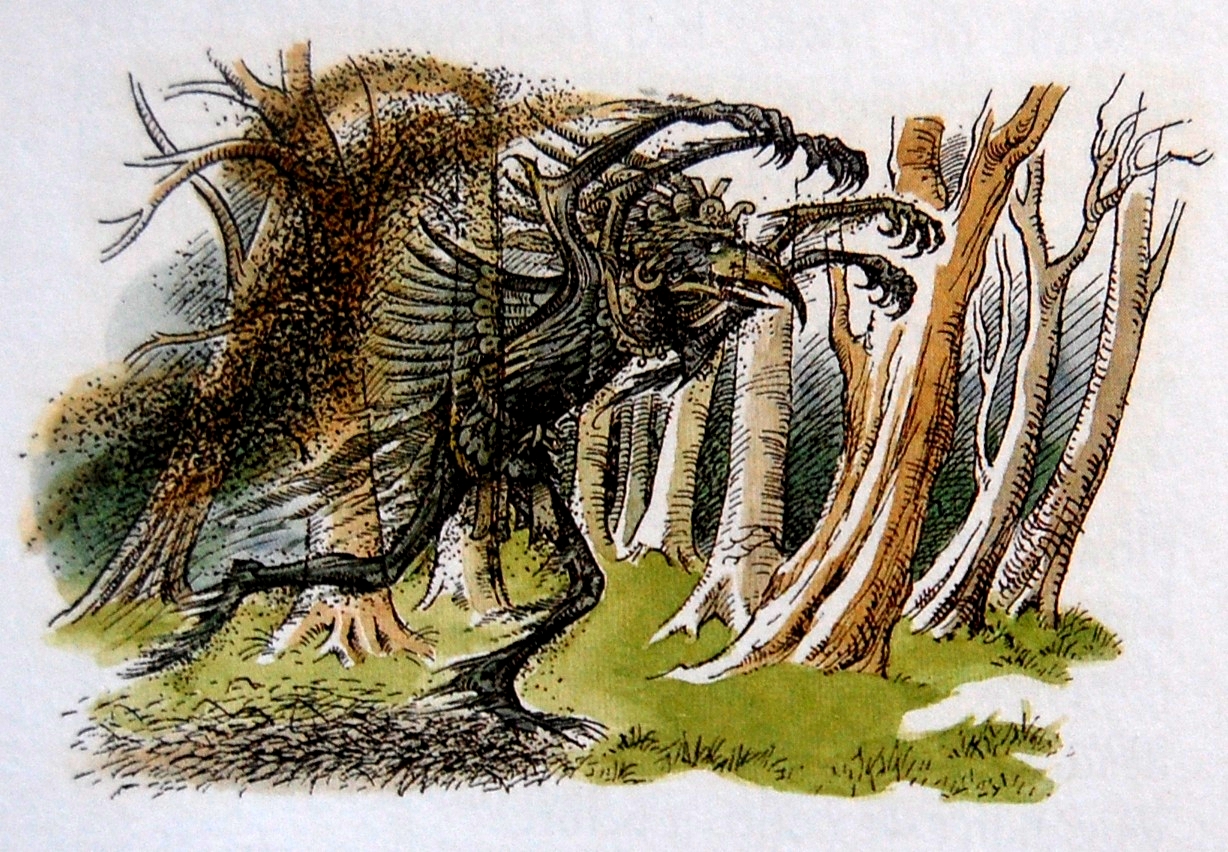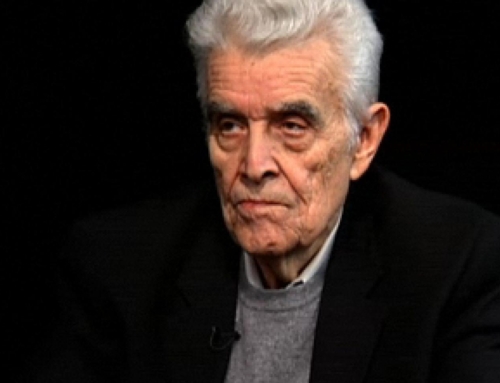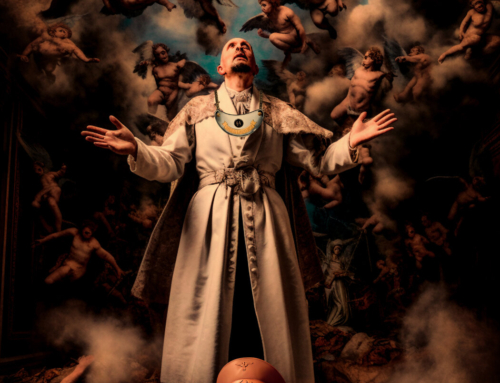Today’s gospel is that most beloved passage where Jesus says, “I am the Way, the Truth and the Life and no one comes to the Father except by me.”
Usually this is used as a proof text for the exclusive claims of Christ. I can remember as a child hearing a sermon about Jesus being the only way and everyone who was not saved was headed for hell….you know the sort of thing.
Well, even at the age of seven or eight it set me wondering. “What about all the people in the jungle” I asked my Dad on the drive home, “who have never heard about Jesus. Will they all go to hell?”
I don’t remember his answer, but I think it was along the lines of, “Well, we have to leave them to Jesus.” This was a suitable answer and surprisingly liberal for a fundamentalist Christian. Not being a strict Calvinist I suppose Dad wasn’t sure if they were predestined for hell and was willing for there to be some leeway.
That leeway is part of Catholic teaching too, and when you stand today’s gospel on its head you could say that rather than being exclusive, it is inclusive.
Jesus says, “I am the Way, the Truth and the Life. No one comes to the Father except through me.” So therefore one can conclude that because Jesus is the Way, the Truth ad the Life that no one can come to the Father except through pursuing the Way, the Truth and the Life.
If a person does not know Jesus Christ through no fault of his own or he is alienated from the gospel and from the church for understandable and excusable reasons, then if that person does all he can to pursue the Way, the Truth and the Life, then the church teaches that person may be saved. It doesn’t say the will be saved, but that they may be saved.
There’s a difference.
Here’s the Catechism quote:
The Catholic Church recognizes in other religions that search, among shadows and images, for the God who is unknown yet near since he gives life and breath and all things and wants all men to be saved. Thus, the Church considers all goodness and truth found in these religions as “a preparation for the Gospel and given by him who enlightens all men that they may at length have life. para. 843
How are we to understand this affirmation, often repeated by the Church Fathers? Re-formulated positively, it means that all salvation comes from Christ the Head through the Church which is his Body:
This affirmation is not aimed at those who, through no fault of their own, do not know Christ and his Church.
Those who, through no fault of their own, do not know the Gospel of Christ or his Church, but who nevertheless seek God with a sinceren heart, and moved by grace, try in their actions to do his will as they know it through the dictates of their conscience–these too may achieve eternal salvation.
Although in ways known to himself God can lead those who, through no fault of their own, are ignorant of the Gospel, to that faith without which it is impossible to please him, the Church still has the obligation and also the sacred right to evangelize all men.”
C.S.Lewis understood this too and wove it into his last Chronicle of Narnia–The Last Battle.
You may remember the pagan Calormenes worshipped an evil demon called Tash and the Narnians worshipped the majestic Christ-like Aslan.
There was a noble Calormene named Emeth, who although he was a follower of Tash, followed the Way of Truth and Life. Then at the end of all things they went through the stable door and he met Aslan and cried that he was deceived and Aslan was, in fact, the Tash that he had always worshipped.
Therefore the child’s question, “What about all those who have never heard of Jesus?” is a good question, and is answered with both justice and mercy by the Lord Aslan himself.







Leave A Comment
You must be logged in to post a comment.